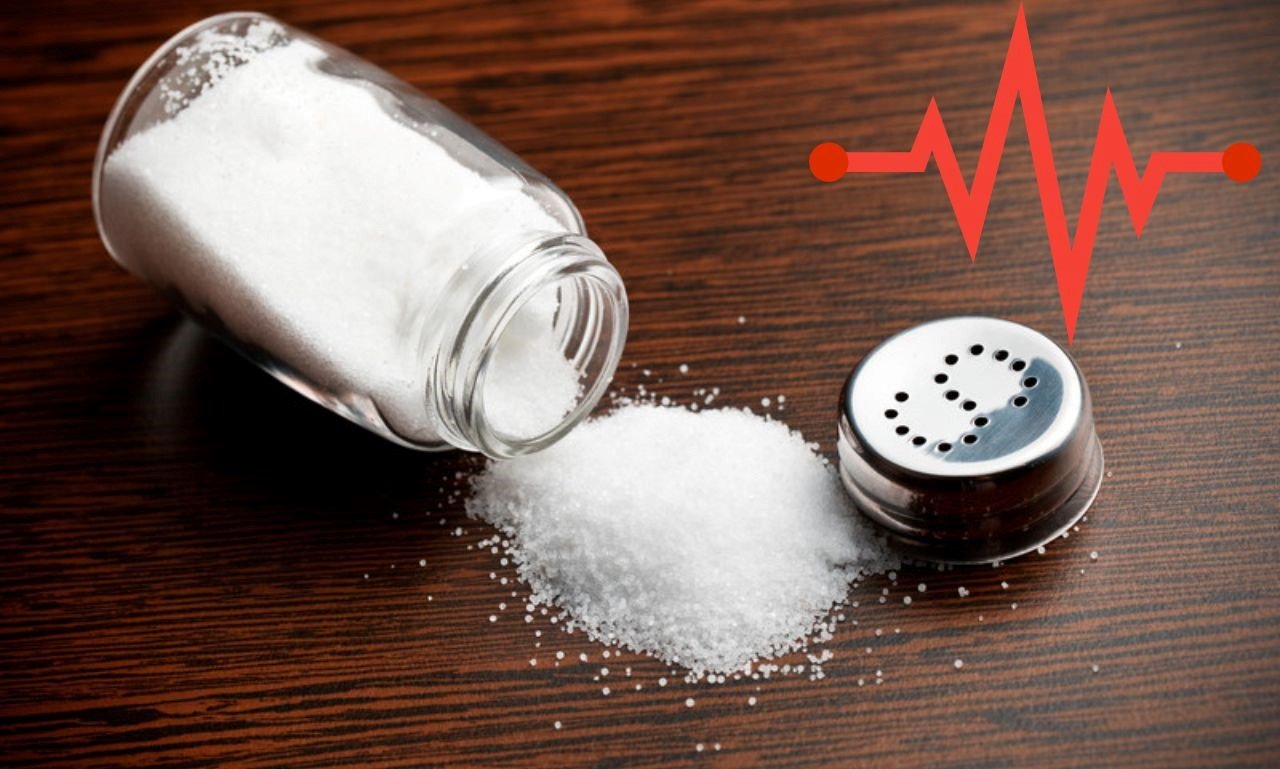Many people are concerned about the effects of salt on cholesterol levels. Let’s dive into the science behind salt and cholesterol and discover what you need to know.

Understanding Cholesterol: A Quick Refresher
Cholesterol is a waxy substance your body needs for various functions, including building cell membranes and producing hormones. It travels through your bloodstream in two forms:
- LDL Cholesterol (Bad): This type can accumulate in your arteries, forming plaque and increasing the risk of heart disease and stroke.
- HDL Cholesterol (Good): This type acts as a scavenger, removing excess LDL cholesterol from your blood and carrying it to the liver for disposal.
Salt’s Role: Not a Direct Culprit
Salt itself doesn’t directly cause high cholesterol. However, it can indirectly impact your cardiovascular health, which, in turn, can affect your cholesterol levels.
The Salt-Blood Pressure Connection
The most significant impact of salt is on your blood pressure. Consuming too much salt leads to water retention, increasing blood volume and putting extra stress on your blood vessels. This raises blood pressure, and over time, high blood pressure can damage your arteries and make them more susceptible to plaque buildup.
The Domino Effect
While salt doesn’t directly raise LDL cholesterol, the high blood pressure it can cause indirectly contributes to several factors that can affect cholesterol:
- Arterial Damage: High blood pressure damages the lining of your arteries, making it easier for LDL cholesterol to accumulate.
- Increased Workload: Your heart has to work harder to pump blood through narrowed arteries, potentially impacting cholesterol metabolism.
- Inflammation: High blood pressure can trigger inflammation, which plays a role in the development of plaque and cholesterol problems.
The Research Says…
Studies have explored the link between salt and cholesterol, and while salt doesn’t directly raise cholesterol, there is evidence of a relationship:
- High salt intake has been associated with elevated LDL cholesterol and lower HDL cholesterol levels.
- However, more research is needed to fully understand the mechanisms behind this connection.
Managing Salt Intake
Most health organizations recommend limiting daily sodium intake to about 2,300 milligrams (about a teaspoon of salt). Individuals with high blood pressure or kidney disease may need even less.
Reducing salt intake can significantly benefit your heart health by lowering blood pressure and reducing the risk of associated complications. Here’s how:
- Read Food Labels: Pay attention to sodium content on packaged foods.
- Cook at Home: This gives you more control over the amount of salt in your meals.
- Choose Fresh Foods: Prioritize fruits, vegetables, and whole grains over processed foods, which are often high in sodium.
- Flavor with Herbs and Spices: Use herbs and spices instead of salt to add flavor to your food.
The Bottom Line
While salt doesn’t directly raise cholesterol, it can indirectly contribute to factors that affect your cholesterol levels and overall heart health. Moderating your salt intake is crucial for maintaining healthy blood pressure and reducing your risk of cardiovascular disease.
